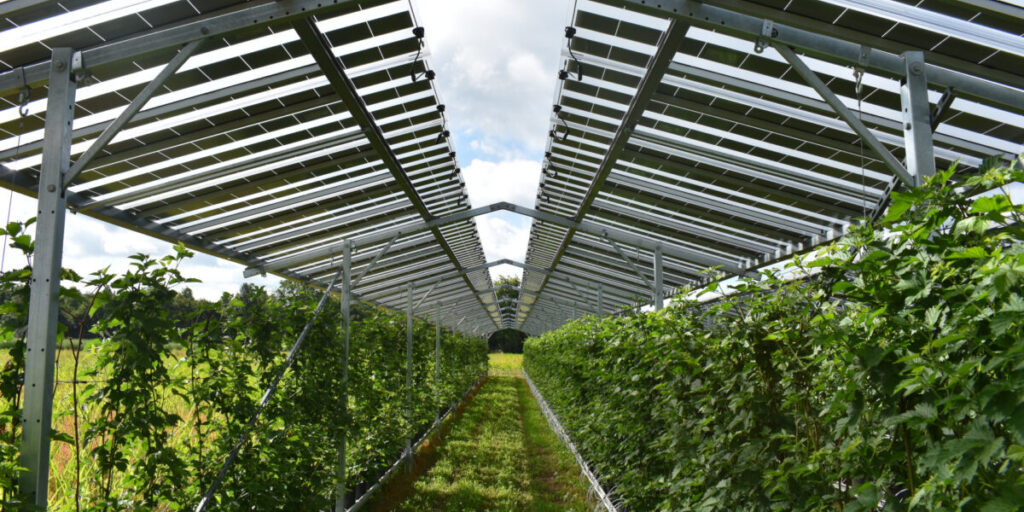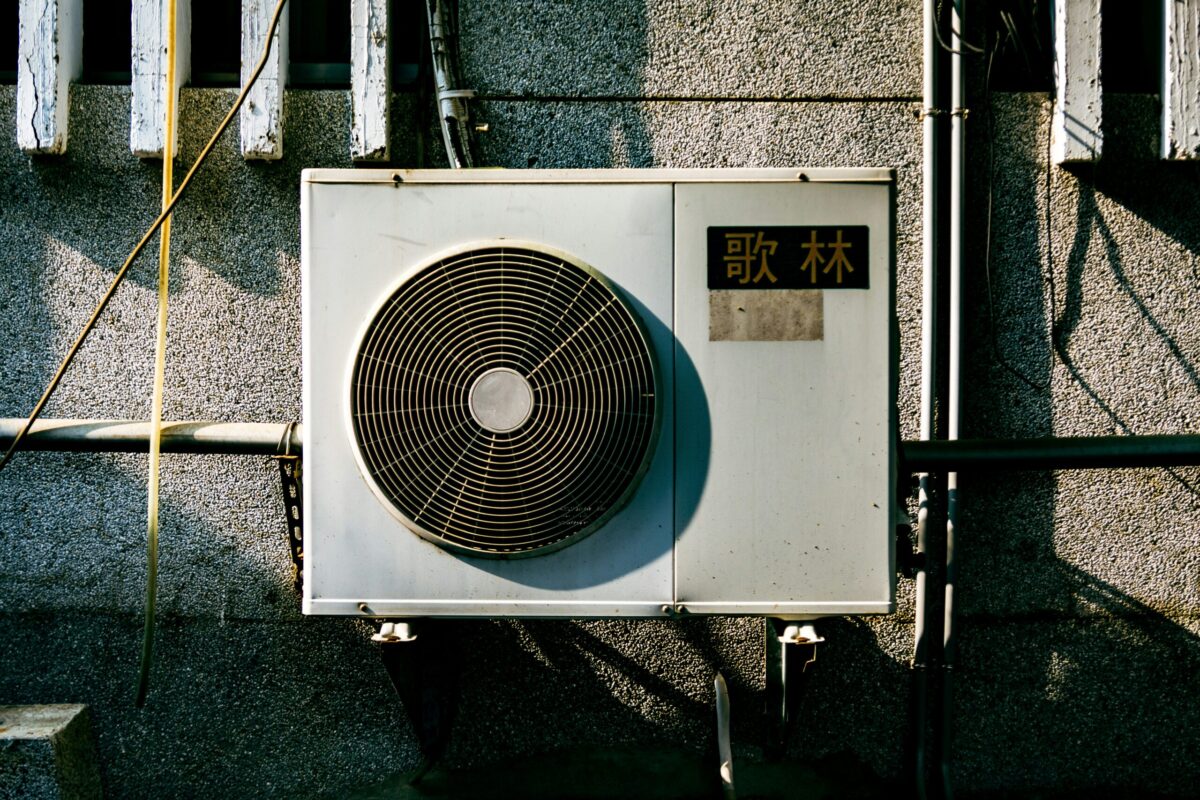From pv magazine Germany
BayWa and its Groenleven subsidiary plan to build a pilot agrivoltaics plant on a farm in the Dutch province of Noord-Brabant in 2020, combining electricity production from solar and fruit cultivation. It is set to become one of Europe's largest projects. More than 24,000 elevated modules will be installed, with a total output of 8.7 MW.
“Because of the positive experience with the agrivoltaic application, [the farm owner] decided to equip his entire raspberry plantation with solar panels,” said BayWa.
BayWa said it believes that agrivoltaics could address challenges in Europe such as land scarcity, extreme weather, and growing demand for solar energy.
“The expansion of solar energy should be in harmony with agriculture and nature,” said Martin Schindele, head of product management Agri-PV. “Our flagship project proves that the PV modules protect crops and enable a resilient growing environment while reducing the use of single-use plastic covers.”
However, agrivoltaic projects are more expensive and require support from laws and funding. Benedikt Ortmann, global director solar projects at BayWa re, noted the need for legislative and financial support to promote agrivoltaics in Europe.
BayWa has completed 14 agrivoltaic projects in Europe where fruit is simultaneously produced. It has also started constructing an “interspace” agrivoltaics project in Spain, with solar modules installed close to the ground, parallel to the cultivated area.
This content is protected by copyright and may not be reused. If you want to cooperate with us and would like to reuse some of our content, please contact: editors@pv-magazine.com.




1 comment
By submitting this form you agree to pv magazine using your data for the purposes of publishing your comment.
Your personal data will only be disclosed or otherwise transmitted to third parties for the purposes of spam filtering or if this is necessary for technical maintenance of the website. Any other transfer to third parties will not take place unless this is justified on the basis of applicable data protection regulations or if pv magazine is legally obliged to do so.
You may revoke this consent at any time with effect for the future, in which case your personal data will be deleted immediately. Otherwise, your data will be deleted if pv magazine has processed your request or the purpose of data storage is fulfilled.
Further information on data privacy can be found in our Data Protection Policy.